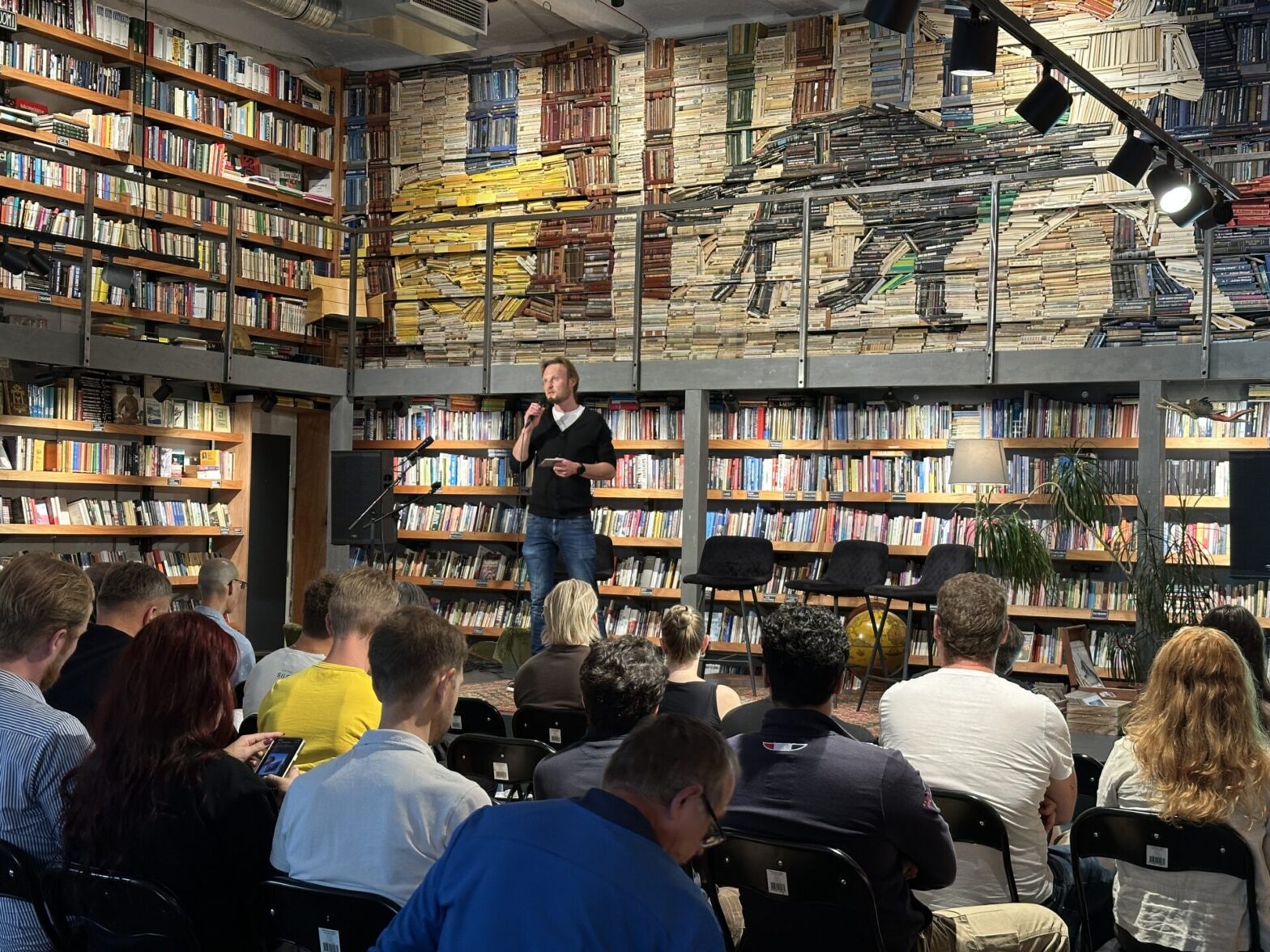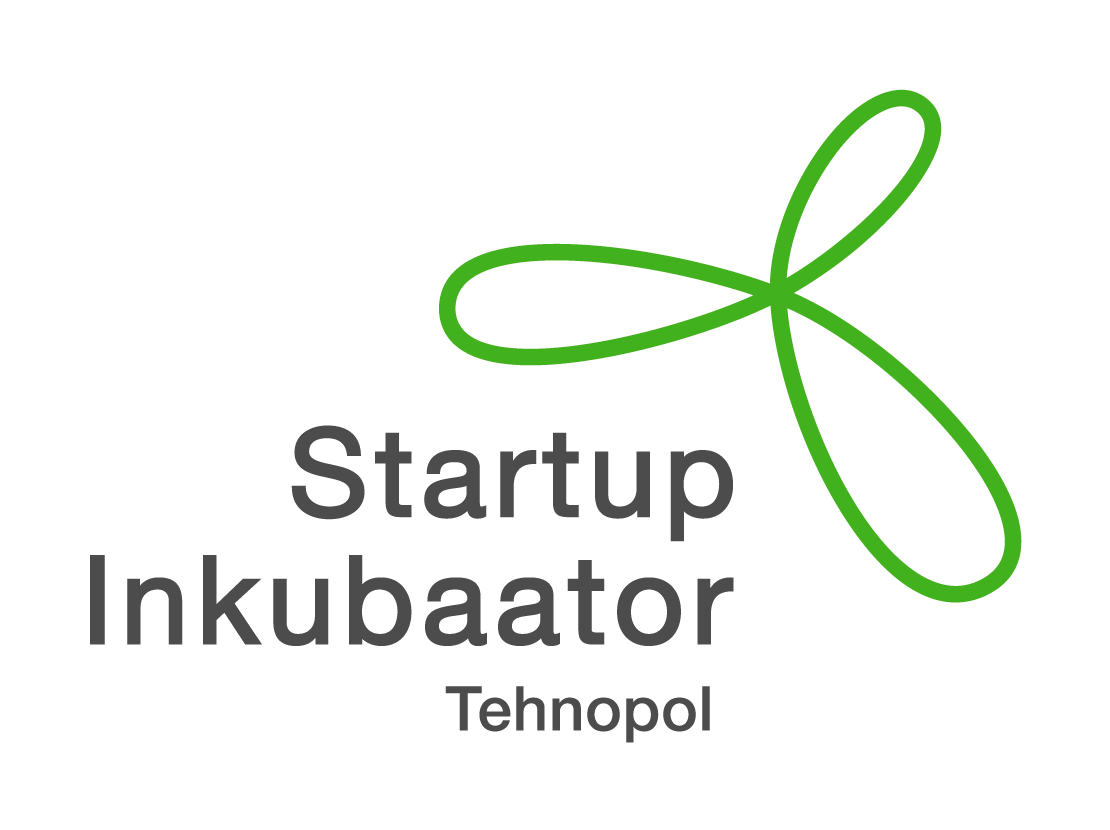Why Every Startup Needs a Founders’ Agreement

“Founders’ Agreement usually comes up when conflict is already in the air,” said Timo Kullerkupp, attorney at RASK Attorneys-at-Law, at the Future Founders Club event.
For more than a decade, Kullerkupp has advised startups and scale-ups on co-founder relations, fundraising, legal structuring, and compliance. His message is clear: a well-structured, properly negotiated Founders’ Agreement is essential for every startup.
While disagreements are the most obvious trigger for discussing a Founders’ Agreement, they’re not the only reason. Positive milestones—such as raising investment—also put pressure on the founding team. Investors typically have their own expectations, which may differ from the founders’ vision. Having an agreement in place ensures everyone stays aligned.
At its core, a Founders’ Agreement creates clarity and alignment. It defines the level of commitment, resources, and responsibilities each founder brings to the company. “The main purpose is to ensure the company has enough resources—time, money, and focus—to thrive,” Kullerkupp explained.
Templates Are a Start, Not the Finish Line
There are plenty of templates available, such as Startup Estonia’s model document. Kullerkupp advises using these only as a starting point. For example, the template assumes founders dedicate all their time to the company. In reality, many juggle other jobs to sustain themselves financially. Such details must be adapted to reflect the true situation.
Kullerkupp encourages startups to use the process of creating an agreement to think ahead and play out scenarios:
- What if one founder gets sick?
- What if the company runs out of money?
- What if an investor wants in, but not everyone agrees?
- What if someone wants to leave?
By tackling these questions early, founders reduce uncertainty and avoid costly disputes later.
“Use the template, but make it your own,” he urged. “Discuss scenarios, adjust the terms, and always keep the company’s long-term interests in mind. You can even use AI tools to simulate different situations.”
One of the biggest sources of tension is how decisions are made. Some founders prefer quick calls, while others need weeks to decide. Unless agreed upfront, this misalignment can stall progress.
“50-50 is the worst possible split—no decision gets made,” Kullerkupp warned. “If the company can’t move forward, it will suffer. And if the company suffers, it won’t survive.”
According to Kullerkupp, founders must also prepare for absences—whether due to parental leave, illness, or other reasons. These situations should be covered in the agreement to ensure fairness and continuity.
“Every founder should be ready for the possibility of failure,” he noted. Around 60% of companies close before their fifth birthday, and the rate is even higher for startups. The main reasons: lack of resources and unresolved conflicts.
A Founder’s Perspective
Jüri Bogatkin, who shared his own experience at the event, admitted that skipping a Founders’ Agreement cost him a lot at his first startup.
“One person acted as CEO and made decisions alone, sometimes without even consulting the team,” he recalled. “Motivation disappeared, conflicts grew, and I ended up carrying more responsibility than I signed up for. We only had verbal agreements on shares and compensation—none of which materialized.”
The result? He is not on speaking terms with the team any more.
Bogatkin’s takeaway was blunt: “If you want any kind of security, make a Founders’ Agreement. It’s the only way to know what to expect when things go wrong. You must understand your co-founders’ motivations, negotiate clearly, and be sure who you’re building with.” Now on his second startup, he is preparing a Founders’ Agreement to avoid repeating past mistakes.
A Founders’ Agreement is just the first in a series of contracts a startup will face. Later agreements—with investors, employees, and partners—become even more complex. Having a strong foundation between founders makes navigating those future challenges much easier. I spend much more time on Founders’ Agreements now, because people understand these documents are essential. They want protection. You have to commit to making it a success—and you need your partners to commit as well,” Kullerkupp added.
Future Founders Club is part of the Ready2Scale program, offering exclusive insights into the startup ecosystem and opportunities to connect with other founders—or even join an already established startup. Over the past two years, Ready2Scale has supported the growth journeys of 25 digital and deep tech startups through expert mentoring, workshops, Market Discovery Missions, €60,000 grants, and access to funding opportunities.






